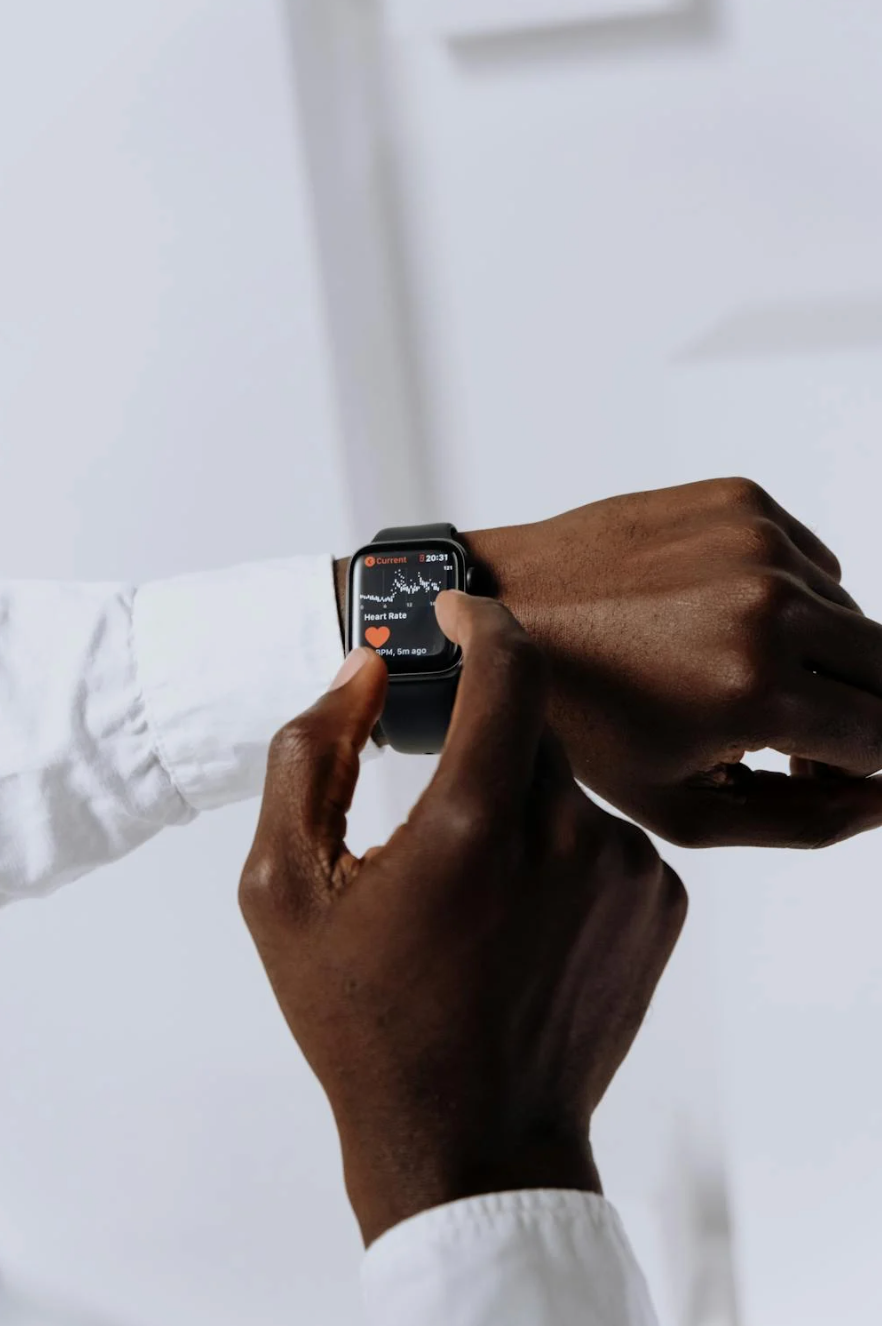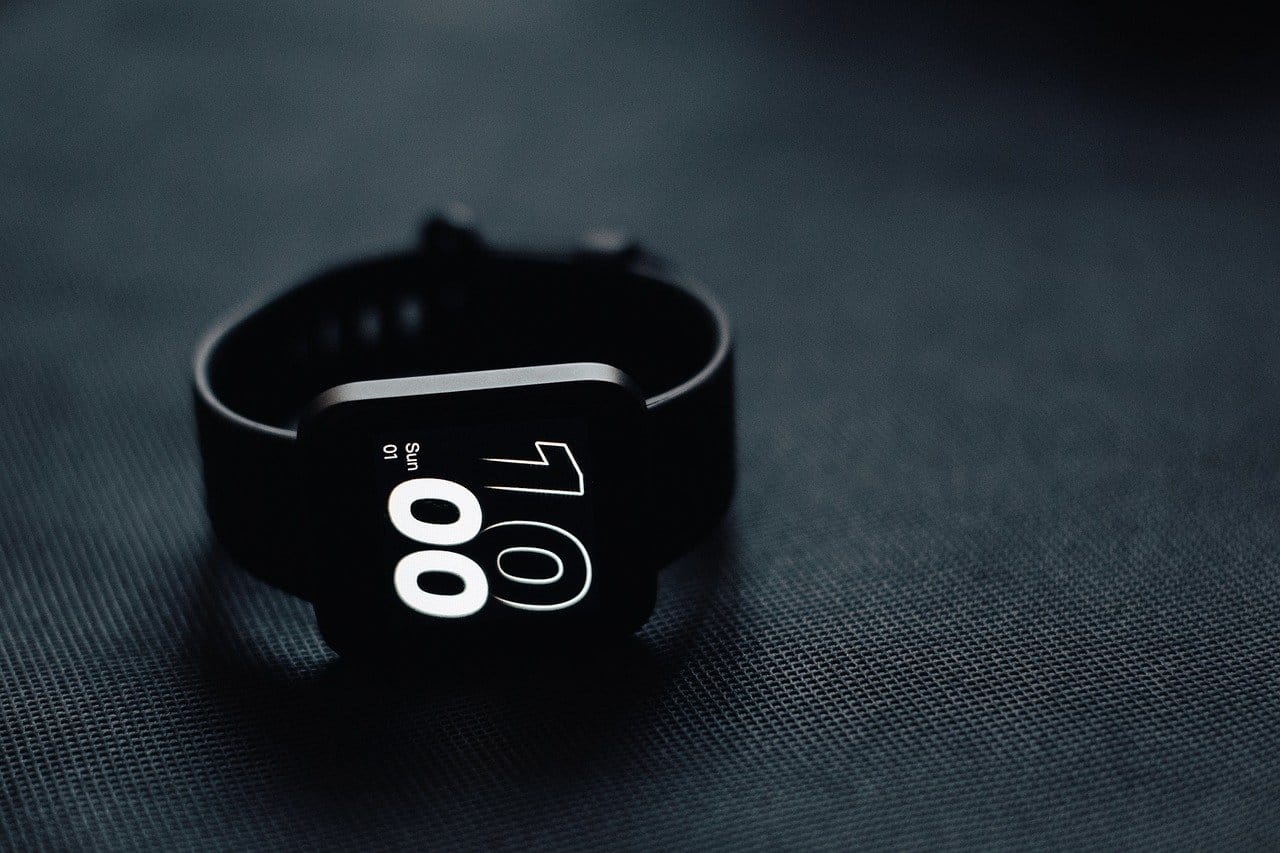Happy Monday my friend - hope the weekend was restful.
Let's talk about wearable tech.
It's become one of the biggest markets when it comes to health and wellbeing, and I personally have been very interested in it and explored it at length.
The idea of having a personal health and wellness coach on your wrist/finger/arm just seems cool to me.
It marks massive steps in how we approach wellbeing, and offers us a more personalised approach than we've ever had before.
Is that a good thing though?
As with everything tech-related, there are pros and cons to navigate, some of which will be discussed here.

Who are the big players in the space then as far as brands go?
Garmin, Whoop, Oura, Apple, Polar and FitBit are probably some of the most well-known ones that I'm sure you've either heard of, or use yourself.
I've used a few of these myself and have gained value from them.
These are some of my favourite aspects of the wearable market:
- Sleep data - this is arguably my favourite element of wearables. To understand what helps you sleep deeper and longer is brilliant. For example I can do different nightly routines and see what works in the long run
- Health monitoring – this is really great in the sense that you can look at important metrics like blood pressure and blood oxygen, and if they're out of range they can indicate a health problem
- Motivation and accountability – there's nothing like looking at data and using it to become a better version of yourself. Seeing poor sleep data from the night before can be a powerful tool to want to improve and create better for yourself
- Connect with other devices – this is good in the sense that you can spend less time on your phone and see notifications from your wearable
So those are the pros - what about the cons?
Use the tech, don't let it use you
I'm a big data guy.
I love looking at things like sleep metrics, training metrics, resting heart rate etc etc, and using them as a guide on how to improve certain things.
But there have been times where I've let the data get the better of me.
For example, in the past where I've been given a poor sleep score – but I feel fine – I have let the tech win and dictate whether I train or what kind of activity I do.
I think that while the data is great, we shouldn't let the data use us.
If you feel good enough to train at a high level but your data says otherwise, that's where it's great to tap into your intuition.
Most of the time these top wearables give good data (it's not an exact science but they seem to get things pretty correct).
But occasionally they don't, and that's where that connection with your body and your intuition with it is valuable.

The subscription model
This is something that I'm just NOT really a fan of.
I don't see why a company should charge a monthly fee vs a one-off payment when it comes to accessing health and wellness data.
I think that understanding things about our body shouldn't have to be tied to continuous payments in order to receive the metrics.
It's a shame because some companies out there utilise this and almost create a scenario where people feel 'locked-in' to the brand, for fear of maybe losing out on their health data that they've accumulated over time.
One-off payments for me are a much better bet. It gives the user more flexibility if they decide to explore another wearable company and see the differences that are around with all of them.
Accuracy?
While most of the metrics seem to be pretty accurate (like sleep), sometimes metrics like energy expenditure (the burning of calories) and steps can sometimes be a little off.
This study looked at the accuracy of the Apple Watch 6, Polar Vantage V and FitBit Sense, and showed that all three devices showed 'poor accuracy' for energy expenditure, and showed varying levels of accuracy for other metrics like heart rate.
The reason why this potentially can be an issue is that when people are trying to potentially lose weight, they can overestimate the calories they burn, while they then go and refuel or 'cheat' with potentially higher-calorie foods.
This can then create a scenario where the person trying to lose weight can't actually shift it, because of the poor accuracy of the initial data.
Something to think about.
As I mentioned before, when it comes to tech it's a double edged sword.
You have to know how to best use it to get the most out of it.
In my opinion though, wearable tech is a net positive.
It can help you really monitor things and spark change (provided this is done in a positive way that isn't totally reliant on the data) and can also give some health insights to help prevent further issues down the line.
If you're using them right now, hopefully you'll have got some insight into how to potentially get the most out of what you have.
But if you haven't yet taken the plunge into wearables, bear these things in mind to not fall into a trap of misuse.
Stay healthy,
Jeff
PS: If you got value from this email, I have a very small favour to ask: if you felt it gave you a lot of value, I ask that you send it to two of your friends who you think might benefit from it (and who aren't already on the mailing list). Catch you soon!
